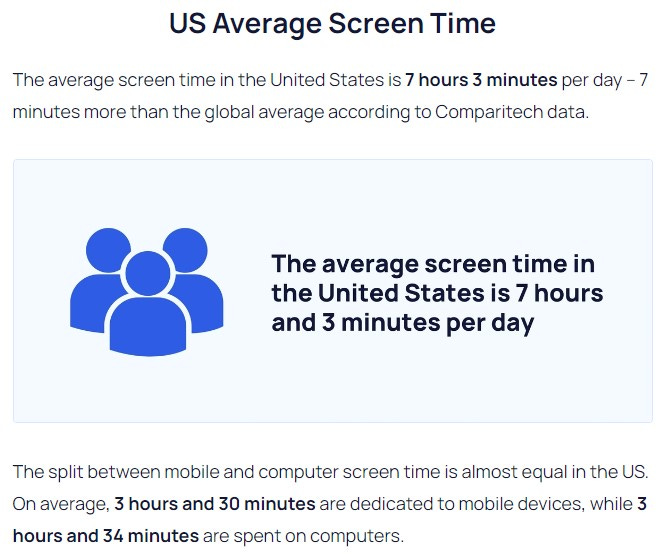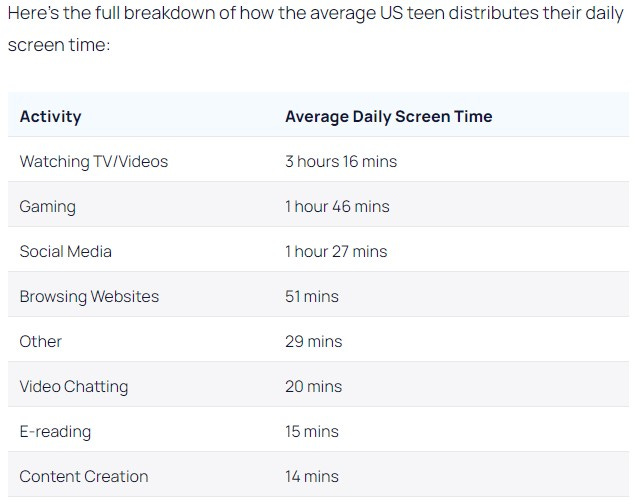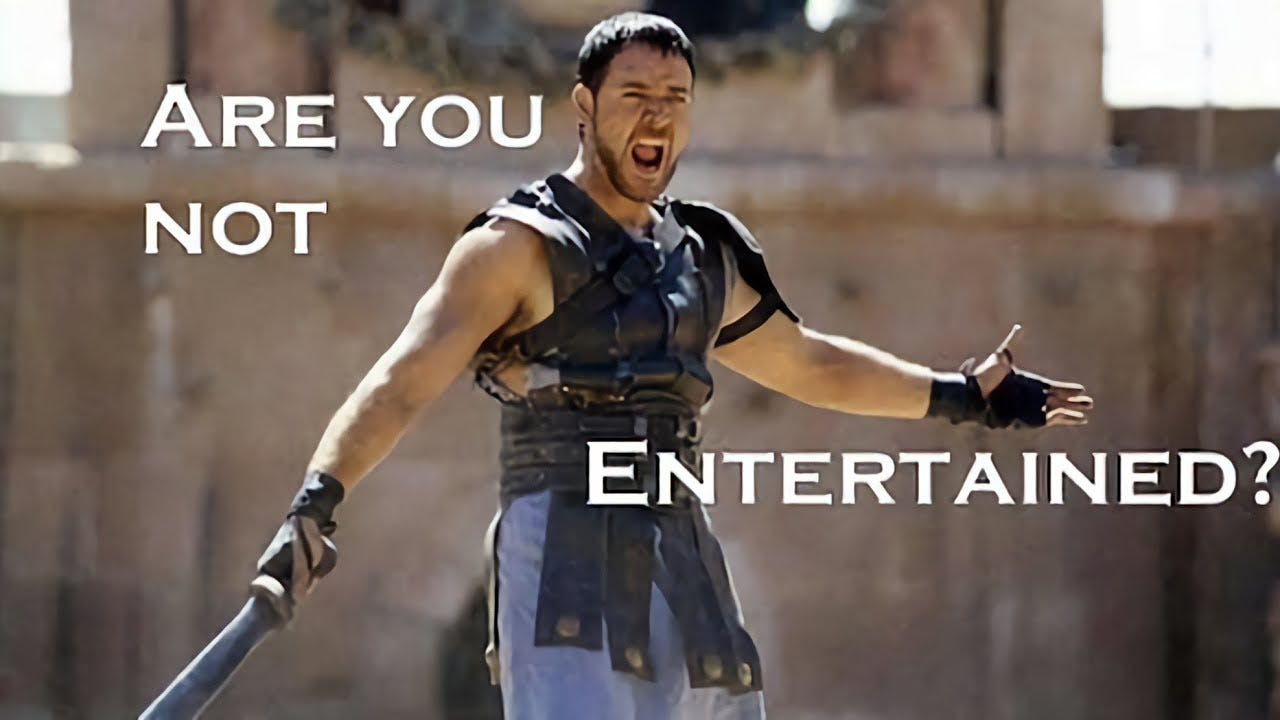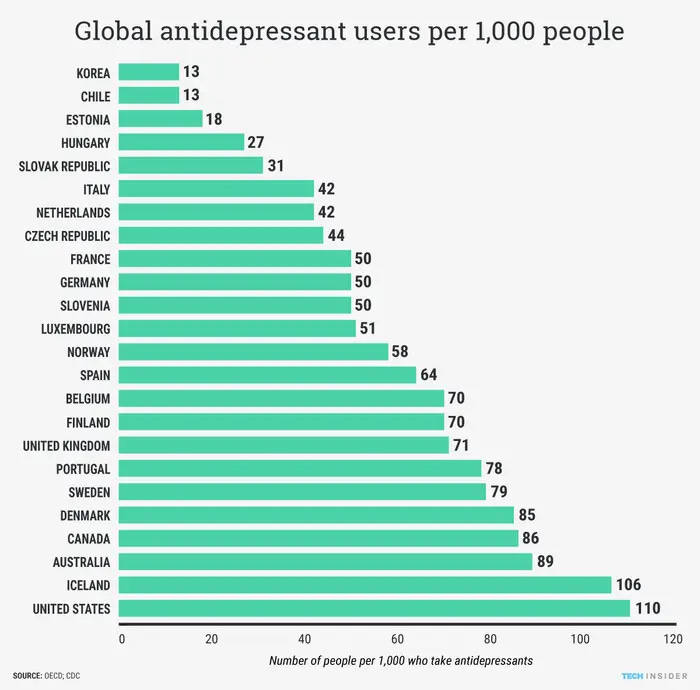Don't Choose the Long Decadent, Empty Slog into Oblivion
Are you not entertained?
Tim Wu’s “The Attention Merchants: The Epic Scramble to Get Inside Our Heads” is a great book that covers the history of advertising from snake oil salesmen at the start of the last century all the way up to cell phones and social media. As the book notes, initially, the purpose of advertising was to get your attention and sell you a product. That often wasn’t (and still isn’t) done in the most honest of ways, but it’s still preferable in most ways to what happens today when the product many people are selling is YOUR attention.
Let’s say advertising convinces you to buy a guitar or a pair of basketball shoes. Maybe they’re not the best quality, but they still give you the opportunity to learn a new skill, be active, socialize, or improve yourself. Maybe you’re getting in better shape by shooting hoops with your friends or having fun interactions with people while playing a terrible love song you wrote for a girl at a frat party:
When the name of the game becomes keeping you glued to Facebook, Twitter, TikTok, YouTube, video games, binging on Netflix, looking at influencers, etc. for as long as possible, that becomes a lot more problematic in ways most people haven’t really thought about.
This is because there is only so much time in a day, a week, a month, a year, and a life. Every single thing you do has an opportunity cost associated with it. In other words, you can watch TikTok videos for two hours OR you can learn to code. You can watch a movie OR you can lift weights. You can spend 8 hours playing a video game or 8 hours at work.
Granted, you MIGHT be able to multitask a bit. For example, I regularly listen to podcasts while I walk my dog and SOMETIMES, I’ll throw on a bad horror movie while I’m doing not particularly difficult research for an article. However, as we all know, this generally doesn’t work all that well for most tasks because it requires you to be able to do multiple tasks at once that don’t require your full attention.
So, what are we filling that attention span with over the course of a week?
Think about that.
If you have 24 hours in a day and you spend 8 hours in bed, 8 hours at work or at school, and 7 hours looking at a screen, that leaves one hour per day for everything else including getting up in the morning, eating, bathroom breaks and travel time.
So, how much of this screen time is productive or worthwhile in any way, shape, or form? The honest answer for most people is, “Not a lot.” Maybe you’re reading a book on a Kindle, talking with grandma via video chat, or learning something via YouTube, but that’s not what the vast majority of people are doing.
They’re channel surfing. They’re playing a video game. Then a different video game. They’re reading a bunch of outrage bait online and commenting, “Ha, ha, f*** you, loser!” They’re scrolling through attractive people on Instagram. They’re watching the latest Mr. Beast video. They’re surfing some news sites. Some gaming sites. They’re watching a movie that they’ve seen three times before. Then, they eat a little snack, brush their teeth, and get up to do it again.
The defensive response to this is, “SO WHAT? Are you against people having a good time? What are you, the fun police?”
Of course, that’s just it.
Ostensibly, all of this stuff is “fun.” Sort of, anyway.
At least, that’s my experience. I read books on Kindle regularly. I do get paid, on average, more than $200 per month to post on Twitter (Post-Elon Twitter really is the best Twitter - I mean X), but I’m doing it to build my account, not make money. I post on Facebook once or twice per day. On Instagram, I pop in once per day or so. My online gaming tends to be…..extremely enthusiastic, albeit sporadic. I will get a single-player game once in a blue moon, play it obsessively for 2 or 3 weeks, then delete it from my computer and not think about gaming again for months. In the past though, I have played games that have a lot of replay value like StarCraft and Overwatch (which is now blessedly dead and replaced by the inferior Overwatch 2) way, way too much. That means, like almost everyone else reading this online, I have over-indulged in this endless stream of online entertainment at times.
Know what I noticed about it?
On the one hand, it SHOULD BE amazing. What else would you call watching 100-million-dollar blockbusters, talking with people across the planet, looking at an almost infinite number of entertainment options, and seeing more amazing things in videos on a standard day than kings saw in a lifetime in the pre-Internet days?
However, it’s never quite as enthralling as you’d expect, is it? Certainly, there are movies, games, and even TV series that suck you in. You can’t wait to see what happens next… but they never seem to really last or be as fulfilling as you’d hoped, do they? Typically, they don’t change your life. They don’t blow you away. They’re just a lot of fun, for a while. 99% of content? It doesn’t even come close to that. It’s watching some Seinfeld episode you’ve already seen twice, an “okay” movie, or scrolling through a bunch of social media feeds and seeing mostly outrage, crap, and people desperately trying to get you to look. How often do you hit the real goldmines? Your favorite movie? Your favorite TV series? A YouTube video that you truly love? Not very often.
Instead, you mostly get schlock. Admittedly, it’s mildly entertaining schlock. You pop onto TikTok, YouTube, or X and next thing you know, it’s 45 minutes later and you realize you watched everything from clips of your favorite TV show to peak moments from Marvel movies to completely ridiculous comedy skits, but you can barely even remember what you looked at. Then, there’s a sound from your phone and you check an application. Now, it’s a different application. From there, you log into Instagram to look at some beautiful celebrity pictures you were just reminded of, and on and on it goes. Day after day, week after week. Year after year.
As they said in Gladiator:
It feels like the answer should be, “Yes,” doesn’t it? But, if that’s true, then why is this happening?
What about this?
Granted, you can’t boil sadness and depression down to one factor, especially when you’re talking about a whole society. Yet and still, does it make sense to people that never in all of recorded human history have people been more “entertained,” but they’re still not happy?
Actually, it makes perfect sense if you understand that, “Momentary pleasures are not the same thing as happiness, and entertainment is not the same thing as meaning.”
All that endless entertainment has a way of crowding out the things that are really important. Being healthy. Building a career. Learning skills. Making new friends. Worshipping God. Finding the love of your life. Reaching your potential.
Without growth, without purpose, without something to aim at, we human beings become bored, jaded, and discontented even though we’re entertained. There has to be more to life than Friends reruns, celebrity gossip, and getting good enough at DOOM Eternal to play it at the hardest level. All of those things are ultimately meaningless distractions and if you unintentionally make them a core part of your life instead of an occasional distraction, your life will feel empty BECAUSE IT IS.
Deep down in our souls, all of us want to matter, we want to be special, we want to be admired and we want to make a difference.
Well, you can’t do any of those things if you’re mindlessly gulping down the latest barely tolerable digital painkillers to get you through every day. If the dose makes the poison, you can kill your dreams by drinking deep from this digital trough every day. There have been times in my life where I’ve certainly done too much of it and my guess is an awful lot of you are doing it, too. If so, stop it. Don’t trade the dreams of a lifetime for a never-ending parade of digital distractions.







I am guilty. And I am depressed. I need to stop.